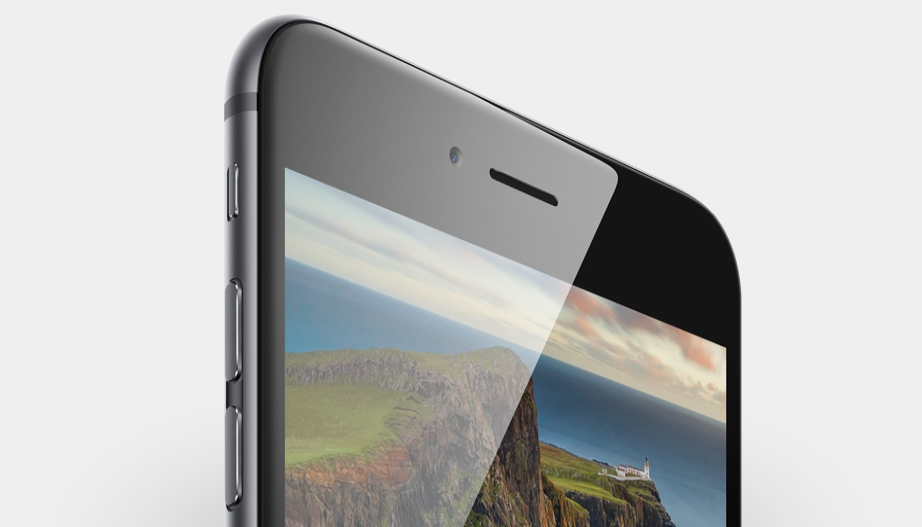Apple’s Tenth Anniversary iPhone due next year is widely expected to use the superior AMOLED display technology, but only for a short while as the Cupertino company looks to adopt the emerging Micro-LED screens in the long run, according to a report from Taiwanese trade publication DigiTimes.
Micro-LEDs waste far less battery power compared to other commercially viable display technologies, making them ideally suited for mobile devices like iPhones and iPads. Traditional TFT LCD panels waste a lot of energy because they require a backlight.
Wang Jyh-chau, Chairman and CEO of LCD panel maker Innolux, is skeptical of the possibility that AMOLED panels will replace LCD ones as mainstream display technology anytime soon, primarily because they’re pricey and difficult to manufacture in volume.
According to the article:
In response to market speculation that Apple will adopt OLED for its new iPhone to be launched in 2017, Innolux vice president and mobile product general manager Yang Hung-wen indicated that in order for product differentiation, Apple is likely to do so but it is uncertain whether it will be on a long-term basis, especially when Apple is developing Micro LED on its own.
Also, AMOLED panels cannot be expected to replace LCDs anytime soon in terms of performance-cost ratio and reliability, Wang explained.
Enter Micro-LEDs, which require less capital investment than LCDs.
On the other hand, AU Optronics Chairman and CEO Paul Peng warned that Micro-LEDs still are not easy to manufacture at all, meaning it’s “too early to determine the prospect of Micro LED” technology.
Back in May 2014, Apple bought US-based LuxVue Technology, which makes low-power displays for mobile electronics based on Micro-LEDs. The company has apparently achieved a technical breakthrough in developing Micro-LEDs.
Power-sipping micro-LEDs panel could also be used in a 2017 Apple Watch refresh, DigiTimes reported earlier in the summer.
Source: DigiTimes
